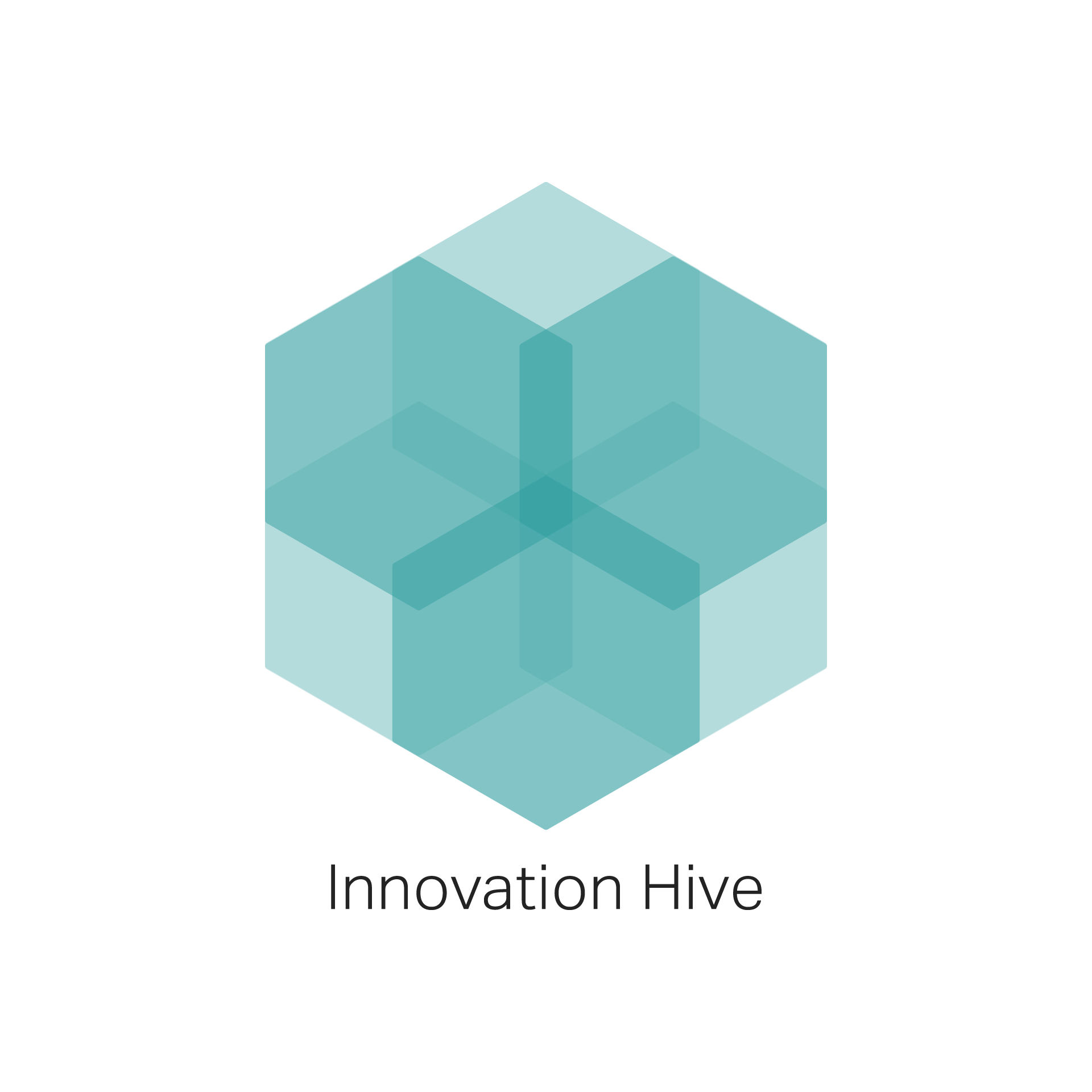In the following months the project Erasmus+ KA2 “ARTWIN: Art Welcomes Inclusion through Innovative Technologies” will be launched. The project aims to provide new digital and accessibility skills (artificial intelligence, algorithms, immersive technologies, 3D printing, vocal search/vocal systems, augmented and Virtual Reality, multisensory and tactile paths, development of individual skills to understand the world of disability) to people related to culture and are involved in adopting cultural services for disabled people.
As the world is changing at a staggering speed, new technologies are evolving rapidly. In order to face change, everyone needs to be equipped with different skills. Digital is not a new sector but a new way of doing things that contaminates all sectors and all professions. Accordingly there are new opportunities for providing information to people with disabilities, allowing them better integration in daily lives. Only a few years ago, combining words such as cultural heritage and digital innovation seemed like a gamble, a leap into a fascinating but still too distant future. However, currently technological progress runs incredibly fast fueling an increasingly pervasive digital revolution which is causing profound and sudden changes in all sectors of our daily life. A significant impact there is, also, in the field of cultural heritage. The current tools of advanced technologies offer extraordinary opportunities in terms of the protection and enhancement of cultural heritage, and in terms of accessibility. On the other hand, the possible fields of application of digitalization to cultural heritage are enormous and the scenarios are constantly evolving. Technologies such as augmented and virtual reality offer the opportunity to explore environments and places of the past, even lost, with immersive 360-degree experiences, in animated spaces. The 3D reconstructions allow new forms of use which are aimed at the blind and partially sighted persons.
Taking advantage of these opportunities the project will develop the following deliverables:
PR1 – “ARTWIN Guidebook of good practices along EU”
PR2 – “ARTWIN Digital ProgramToolkit”
PR3 – “ARTWIN Platform”
Developing the mentioned project’s deliverables, the project aims to:
- Improve the level of skills of 30 VET educators, trainers, teachers, and staff members of the organizations in order to have innovative and high-quality skills necessary to transmit new digital and accessibility skills to learners
- Facilitate access of 150 learners to basic knowledge and skills in new technology and accessibility methods in order to be used in the cultural, tourism, social, or digital sectors
- Enhance the capacity of 18 organizations among VET providers, operators in the touristic, cultural, and social sector to renew their services making them more accessible and digital with a view to greater inclusion and digital transition
- Encourage and develop innovative and inclusive approaches for the 6 participating organizations in order to develop more attractive formal, non-formal and informal training programs which will correspond to individual needs and expectations
- Implement and transfer innovative practices at the local, regional, national and European level considered the innovative application of the project in the VET sector, and its transferability to other sectors.
In the project will participate 6 European Organizations, the coordinator “Magnetic Professional” from Latvia and the partners “Liepajas Universitate” also from Latvia, “Pirkanmaan muotoilu- jataideteollisuusyhdistys Modus ry” from Finland, “Innovation Hive” from Greece, “Co-Labory” from Italy and “Cross Culture International Foundation” from Cyprus.



